News & views.
A collection of stories about data, public opinion and politics and news about our firm.

Peloton and the Power of Asking Questions
To understand someone's values and priorities, you have to ask the right questions.
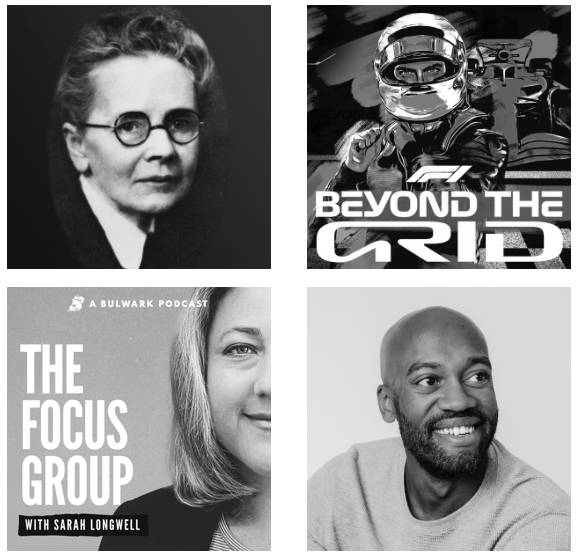
Our Latest Favorite Podcasts
Podcasting's golden age has continued through the pandemic. Seventy-eight percent of Americans are familiar with podcasting – up from 22 percent in 2006 – and more than 40 percent of Americans report having listened to a podcast in the past month.
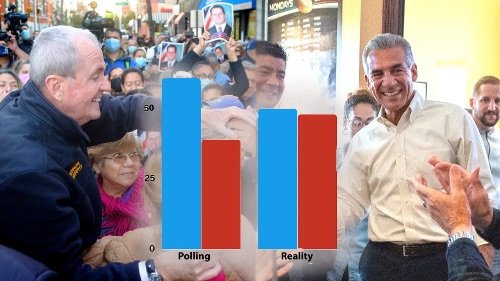
New Jersey pollster: Maybe it's time to get rid of election polls
As a firm that puts research at the center of everything we do, we have occasionally surprised clients and friends by arguing for an end to public horse race polling.
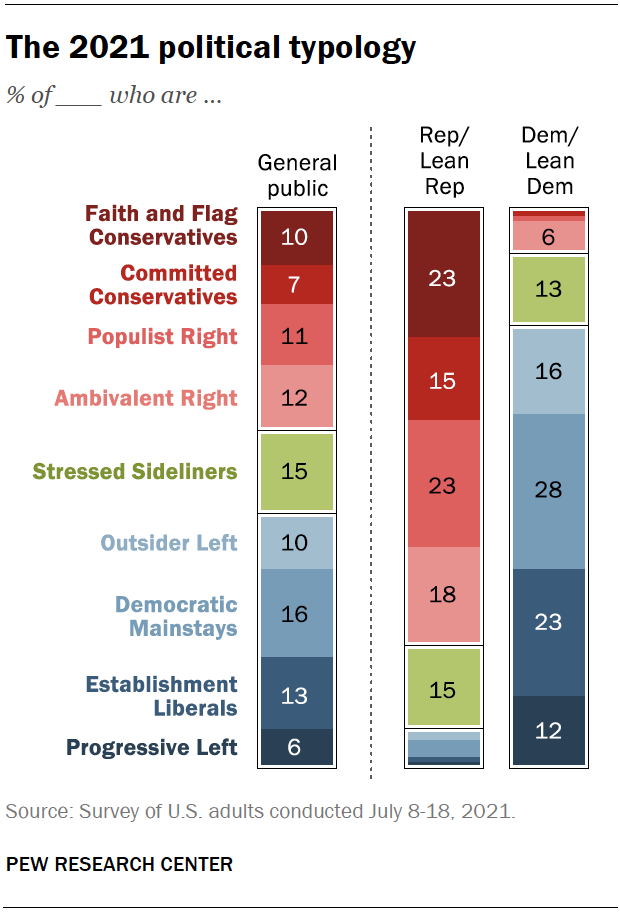
Americans agree to disagree
The Pew Research Center has released an update to its political typology study, a long-running effort to define distinct groups within the American electorate.
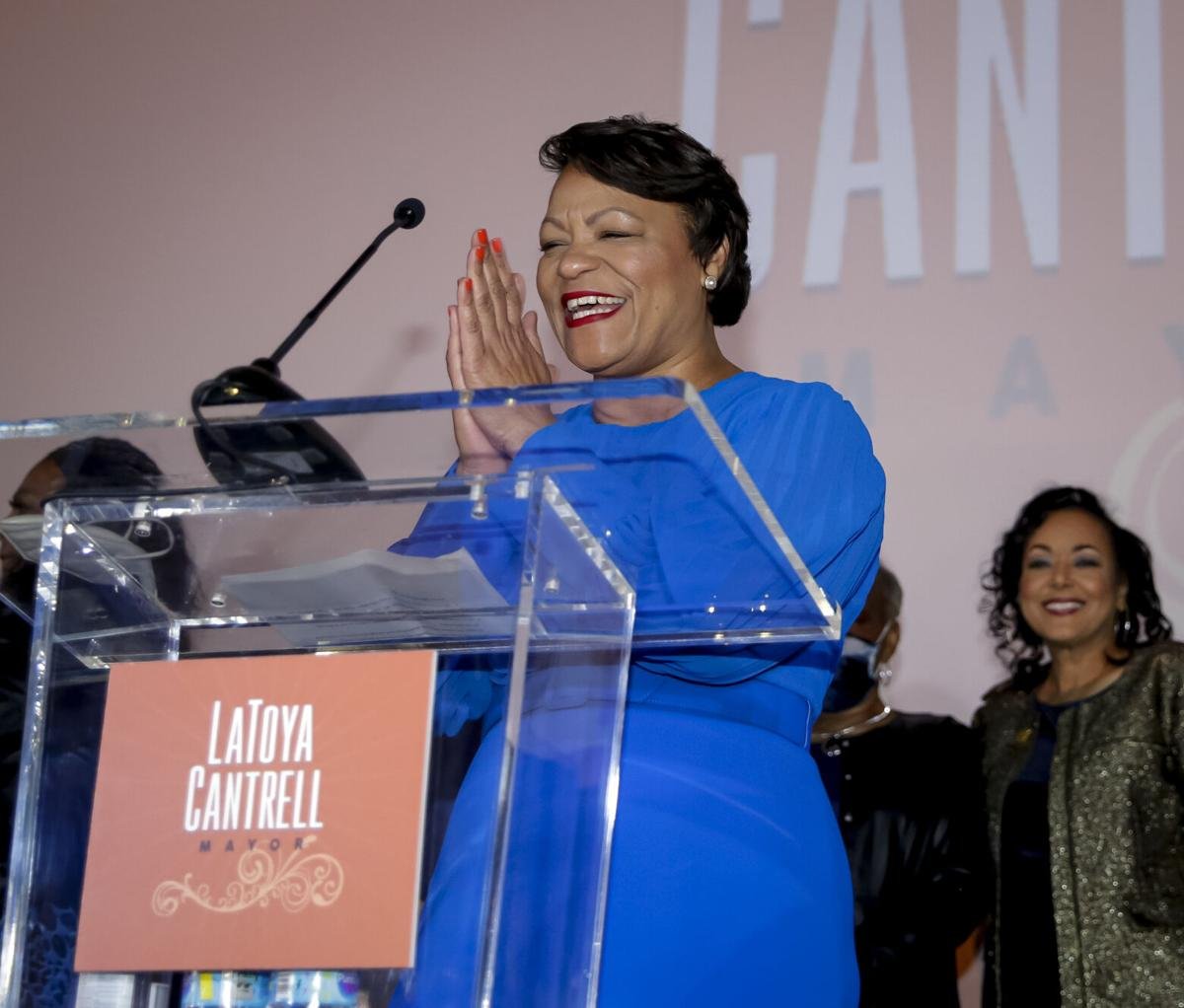
Four more years for New Orleans Mayor LaToya Cantrell
It affirms one's belief in democracy when voters reward public officials for leading with character and making decisions without regard for political cost. Such is the case for New Orleans Mayor LaToya Cantrell, who was re-elected last month with a solid 65 percent of the vote.

A West Texas Roadmap for Mitigating the Impacts of Energy Development
If Americans are going to make a dent in reducing carbon emissions — and polling suggests they want to — they are going to have to grapple with the tradeoffs required. An effort in West Texas offers a roadmap for helping people work through the issues.

The New York City Mayor's Race and Ranked Choice Chaos
It's been more than two weeks since New York City Democrats voted for mayor, but only last night did the AP called the primary election for Brooklyn Borough President Eric Adams. We are very proud to have worked for Ray McGuire, the business leader turned candidate who put jobs and the city's economy at the center of the public debate.
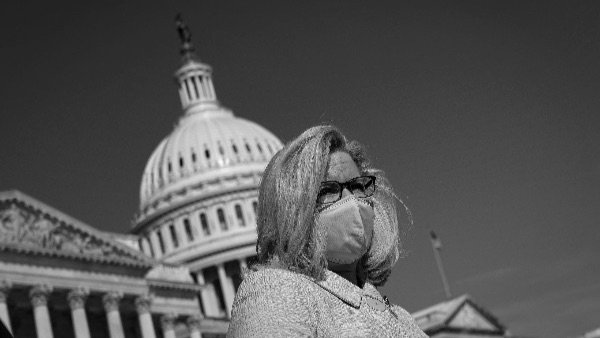
A Healthy Democracy Should Reward Tough Calls
Consider as a counterpoint Liz Cheney, ousted by her peers from a Republican leadership role in the House of Representatives. We will be watching her re-election with a keen eye, hoping Wyoming voters reward her tough call and leadership.

2024 and the Essence of President Biden
A great deal has been made of how difficult it will be for Trump wannabes like Senator Tom Cotton or former Governor Nikki Haley to energize Republicans the way the former president did in 2016 and 2020. Less attention has been paid to President Biden and the winning coalition he built last year. That should change.

Listening Matters: A Reminder of the Power of Focus Groups
Public opinion polls overshadow focus groups as a form of research thanks in part to the media's obsession with forecasting election outcomes. But insights we have gleaned from recent focus groups on COVID-19 remind us just how valuable focus groups can be.

What 2020 Teaches Us for 2021
We are fast approaching a full year of living with a global pandemic. A year full of disruption and tragedy — but also change. Our lives have changed in profound ways, and so has our politics and the ways we communicate. This is our effort at taking stock of this change. It’s our effort at making sense of 2020 and extracting lessons as we turn the page to a new chapter of the American experience.
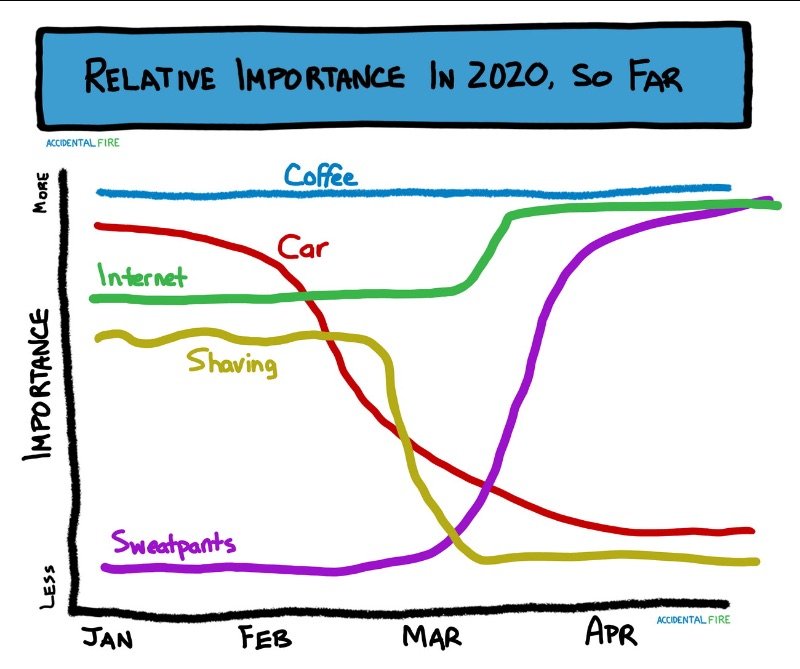
Winning Data Journalism in the COVID-19 Era
There may be no more important tool than data to guide leaders' responses to the pandemic, but it can be hard to make sense of a lot of information at once. Visualization can help us to understand data and identify trends.
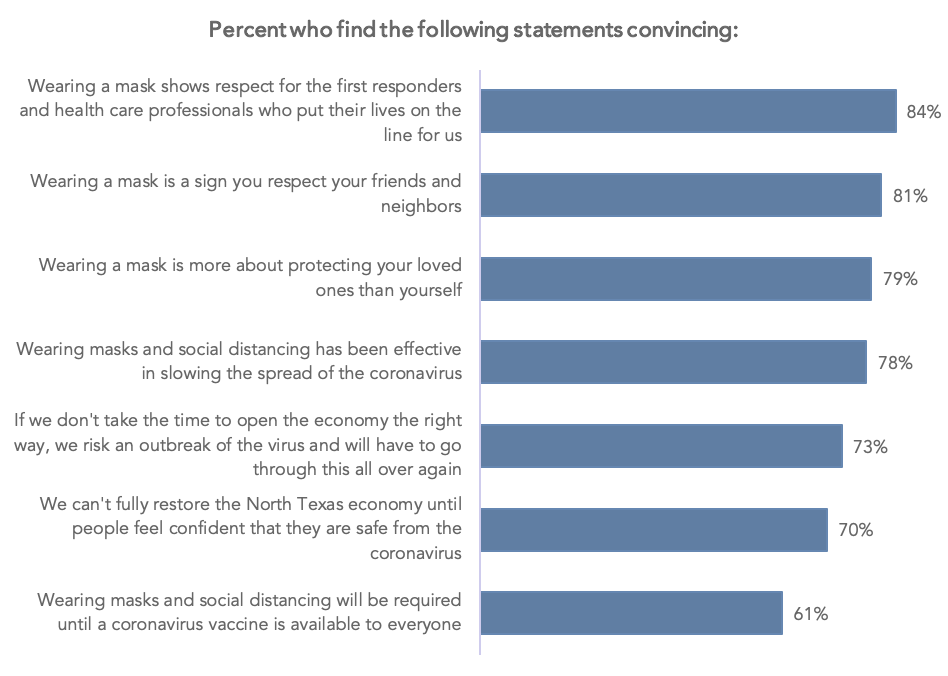
New Research: North Texans Split on COVID-19 Concerns
A study of residents in the Dallas-Fort Worth area reveals a fault line in public opinion on COVID-19 between people who are more concerned about the economic impact of the pandemic and people who are more concerned about health outcomes. This is among the key findings from our work on behalf of Texas 2036, a group focused on the future of the state's economy.

Why Different Regions Respond Differently to COVID-19
America is a collection of 11 separate "nations," each with its own origin story, values and culture. The main divide between these nations is whether they place more value in the common good or individual freedom.
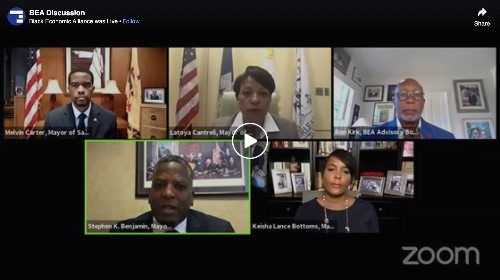
Mayors on the Frontline
Mayors are at the leading edge of the most important social and economic issues of our times: coordinating response to COVID-19 in the country's hardest hit places; engaging with a new movement for racial justice which is as impassioned as any we've seen in a generation; and balancing budgets that demand painful choices.

Leadership Lessons from the Coronavirus Crisis
We’ve settled on several examples of crisis leadership which we find most instructive. These span different areas of civil society: business, government and NGOs alike. Our analysis suggests crisis leadership falls into three broad categories: preparing for a crisis, managing through a crisis and seizing opportunity in a crisis.
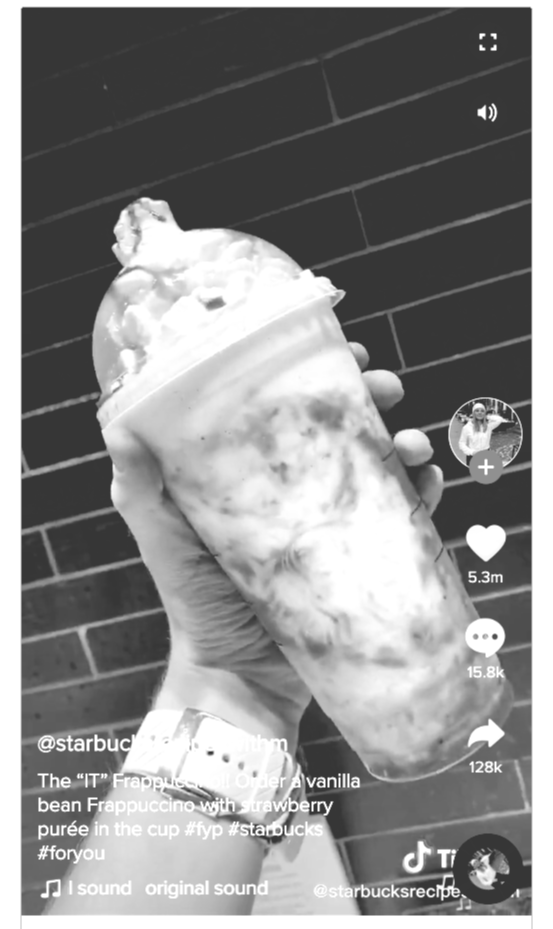
A new age of brand marketing
In this new age, the public prizes transparency and authenticity, and content distribution is radically democratized, with teenage influencers and global brands operating on a level playing field.
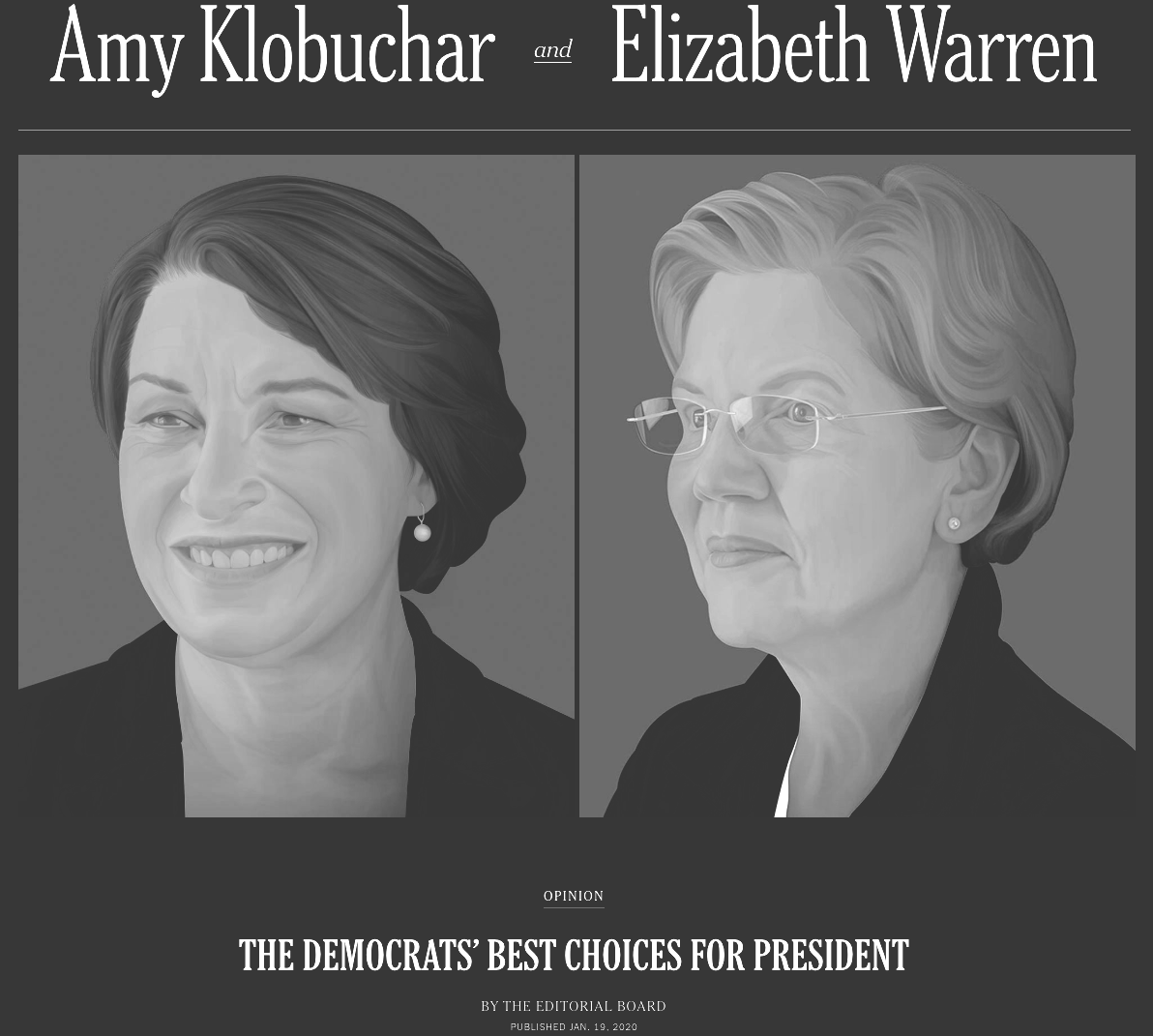
What the New York Times Democratic Primary Endorsement Got Wrong
The New York Times editorial board came under criticism for its dual endorsement of senators Elizabeth Warren and Amy Klobuchar. What bothers us about the editorial has nothing to do with their choice, but with an introductory statement that suggests the board misunderstands public opinion research and its value. Amber's letter to the editor breaks it down.

The Power of Listening
"It is only by listening that we engage, understand, empathize, cooperate and develop as human beings," writes journalist Kate Murphy in a recent op-ed, distilling the key points of her new book, You're Not Listening.

A Provocative Take on Swing Voters
The conventional view of the American electorate and presidential campaigns is that roughly 55 percent of eligible voters turn out to vote and that election winners are determined by the 15 percent of "swing voters" who switch between parties. This is an outdated, Beltway-centric view, according to Bitecofer in a recent Politico profile.
